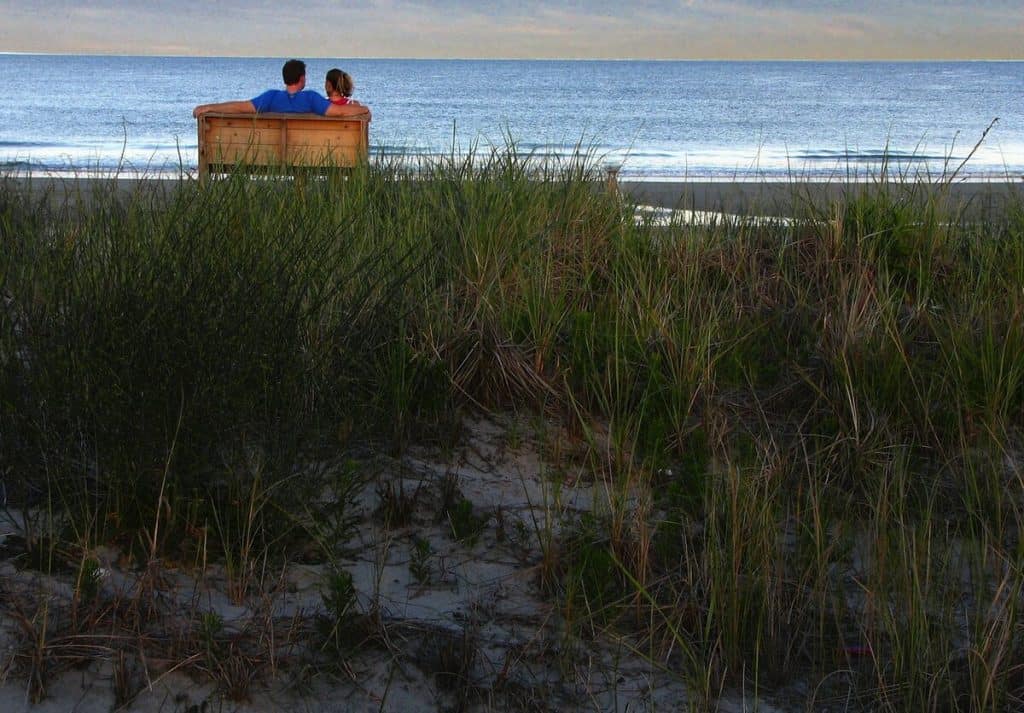How to avoid crowds on staycation

June 29, 2020
Pete May
Lockdown might be easing, but with coronavirus still a threat, foreign travel looks doubtful, so many of us will be planning a late staycation. But how are crowds best avoided in the UK? Before you go anywhere check with the local tourist board what is open for business and make sure you respect local people. The Lake District for example has a dedicated saferlakes.co.uk site, which will mark car parks that are too busy in red.
We’ve all seen the hordes packed on the beach at Durdle Door. But in order to stay Covid-safe it’s going to be necessary to think laterally and avoid some of the tourist hotspots.
Thinking laterally
Creative thinking will be vital. Scotland will always be relatively isolated, but even before lockdown the North Coast 500 (billed as Scotland’s Route 66) driving route was overcrowded. So perhaps the border counties or the lakes of the Trossachs might be a better alternative. Instead of Edinburgh why not try the ‘jute, jam and journalism’ of another historic city, Dundee.
In Yorkshire it’s been suggested that busy Whitby could be replaced by a visit to the fishing village of Staithes. The Yorkshire Dales could be packed too, so perhaps the sandy beaches and footpaths of Northumberland might be better. Inland from the tourist spots of Bamburgh and Holy Island, towns such as Wooler have plenty to offer, not least walks in the Cheviot Hills.
Other side of the Lakes
The Lake District is one of Britain’s most stunning areas but Windermere and Ambleside might well be packed. So why not explore Cumbria’s remote coast instead? It boasts the fine Georgian architecture and lovely harbour of Whitehaven, which is Cumbrian writer Hunter Davies’ favourite town in Europe.
Around St Bees there are magnificent red cliffs and beaches, while the Coast Path around Walney Island is great for birdwatching. The most remote fells can be accessed away from the multitudes at Wasdale Head and Boot, while Ulverston on Morecambe Bay is a good base for walking up the remote Duddon Valley into the Coniston fells.
North Wales is also a good alternative to the Lakes. It has similarly rugged mountains, but if you avoid Snowdon, far fewer crowds. Or you could try a Welsh town like Bangor, which is close to mountains, castles and iron age mines and has superb views across the Menai Strait to the island of Anglesey.
The joy of Essex
Visitors flock to London, but the Home Counties have plenty to offer without the crowds. Essex is very underrated. Colchester has a superb Roman wall with the finest Roman double arch in Britain, while the castle is built over the foundations of the Roman temple that was sacked by Boadicea. Southend has the longest pier in the world, Maldon has a lovely river front, Saffron Walden is full of picture postcard timbered houses and Constable country can be viewed close to Manningtree. Kent has lots of positives too; pretty old towns such as Faversham with its oast houses, plus gardens, marshes, beaches and the rolling hills of the Kent Downs.
A more Covid-safe alternative to Dorset and Cornwall might be the Welsh coast of Pembrokeshire. The coastline is very similar to Cornwall, but is much less packed. It has some of the UK’s best beaches at Barafundle Bay and Broad Haven, plus standing stones, castles and iron age forts, towering cliffs at Musselwick and, like Cornwall, a wonderful winding coastal path — though do check which sections are open.
Further inspiration
Books such as Lonely Planet’s Ultimate United Kingdom Travel List can help with ideas for getting away from the hotspots. This year we’re all going to have to think outside the boxed-in areas. But your staycation will also be a voyage of discovery and chances are you’ll discover some brilliant places that you never knew existed.
Useful links Find up-to-date guidance on travel, safety, Covid-19 research and more.
RightRooms believes all information to be correct at time of going to press. As guidance, research and facts around Covid-19 are changing constantly, the information provided here is for general information only and does not constitute professional advice. Please check with venues, locations and attractions before travelling.